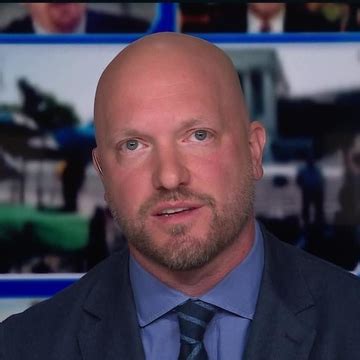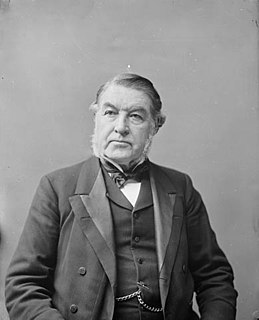A Quote by J. William Fulbright
There has been a strong tradition in this country that it is not the function of the military to educate the public on political issues.
Related Quotes
A democratic public forms when citizens gather together to deliberate and make public judgments about local and national issues that affect their lives. By associating together for public discussion, citizens learn the skills necessary for the health of a democratic public; listening persuading, arguing, compromising, and seeking common ground. When these skills are nurtured within the institutions of a democratic public, citizens educate themselves in order to make informed political decisions.
Creativity builds upon the public domain. The battle that we're fighting now is about whether the public domain will continue to be fed by creative works after their copyright expires. That has been our tradition but that tradition has been perverted in the last generation. We're trying to use the Constitution to reestablish what has always been taken for granted--that the public domain would grow each year with new creative work.
Recognising that an ostentatious cult of heroism and state service served an important propaganda function for the British elite does not mean, of course, that we should dismiss it as artificial or insincere. All aristocracies have a strong military tradition, and for many British patricians the protracted warfare of the period was a godsend. It gave them a job, and, more important, a purpose, an opportunity to carry out what they had been trained to do since childhood: ride horses, fire guns, exercise their undoubted physical courage and tell other people what to do.
The truth is that political consciousness in this country is pretty low... To the degree that we can help educate and organize people around the most important issues facing their lives and show that there is support for fundamental changes in the way we do business in the United States of America in terms of income inequality, in terms of low wages, in terms of disastrous trade policies, in terms of being the only major country not to have a national healthcare program - that's success.

































